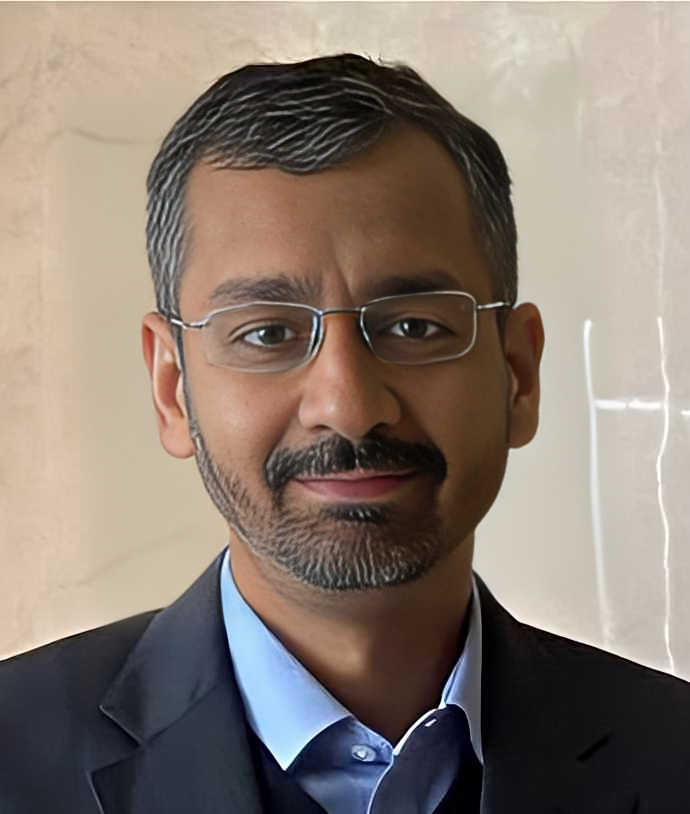
Why is leadership so difficult?
Dr. Srinath Sridharan, Policy Researcher & Corporate Advisor
Leadership, as a concept, often enjoys a halo effect in today’s conversation, is celebrated with fervour, and is portrayed as the pillar of organisational success. Underneath this admiring exterior, however, is a startling truth: in spite of an abundance of management theories and leadership principles, the number of successful and scalable leadership cases in the world of leadership is significantly smaller than the number of failures. This disparity raises an essential question: is leadership overrated in the short term and less understood in the long term?
The modern fascination with leadership often highlights short-term attributes such as decisiveness, charisma, and the ability to inspire. These traits are frequently showcased in business literature and media as hallmarks of effective leadership. However, this focus on immediate outcomes can overshadow the nuanced and enduring aspects of leadership that contribute to long-term success. The celebration of leaders who make bold moves or deliver quick results often obscures the complex reality that effective leadership requires more than just a dynamic personality or strategic vision.
Despite numerous management theories that outline frameworks for successful leadership, the gap between theory and practice remains wide. Many leadership models focus on traits, behaviours, or styles, but these models often fail to account for the myriad of external factors influencing leadership effectiveness. The result is a paradox where well-articulated theories provide little guidance on how to translate these ideas into consistent, sustainable leadership.
One of the fundamental reasons for the gap between leadership theory and practice lies in the inherent difficulty of leading people. Human behaviour is complex and unpredictable, influenced by myriad factors such as organisational culture, individual motivations, and external pressures. Leaders must navigate this intricate web of variables, often without the clarity or control they would prefer. This complexity means that even well-intentioned leaders can falter when faced with the unpredictable nature of human complexities.
Moreover, the challenge of leadership is exacerbated by the often-ignored aspect of self-awareness.
Effective leadership requires not just the ability to manage others but also a deep understanding of oneself. Leaders must grapple with their own biases, limitations, and evolving personal growth.
The journey of self-discovery and the development of emotional intelligence are crucial for sustaining leadership over time. However, these aspects are less frequently discussed in leadership discourse, leading to a superficial understanding of what it truly means to lead effectively.
The broader context also plays a significant role. The pressure of short-term performance metrics and immediate results can distort leadership practices. Leaders may prioritise actions that yield quick wins over those that contribute to long-term organisational health. This short-term focus can undermine efforts to build resilient, adaptive teams and foster a positive organisational culture.
In the long term, effective leadership demands more than just navigating immediate challenges. It requires the cultivation of trust, the fostering of a collaborative environment, and the development of a shared vision that aligns with the evolving needs of the organisation and its people. These elements are difficult to measure and often do not yield instant gratification, which can lead to their undervaluation in favour of more tangible, short-term achievements.
Ultimately, the disconnect between the celebrated image of leadership and its practical reality underscores a deeper issue: the need for a more nuanced understanding of leadership that transcends quick fixes and focusses on long-term, sustainable practices.
Dr. Sridharan shares his views on X: @ssmumbai




